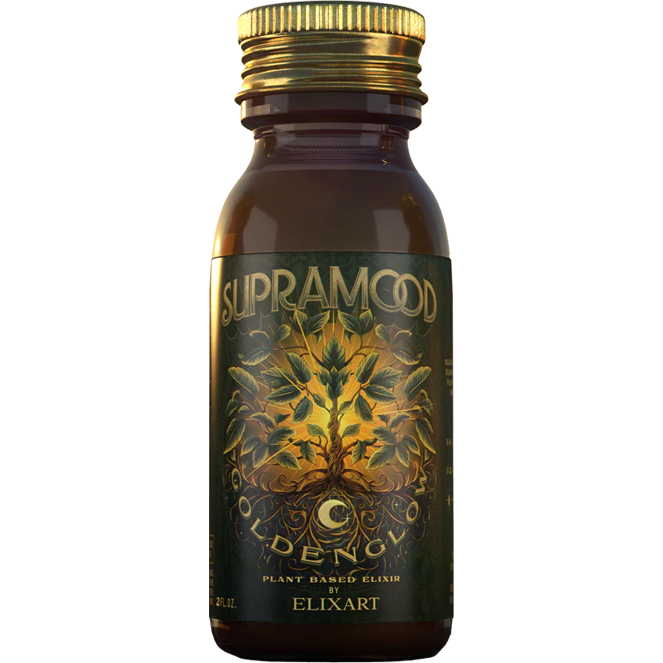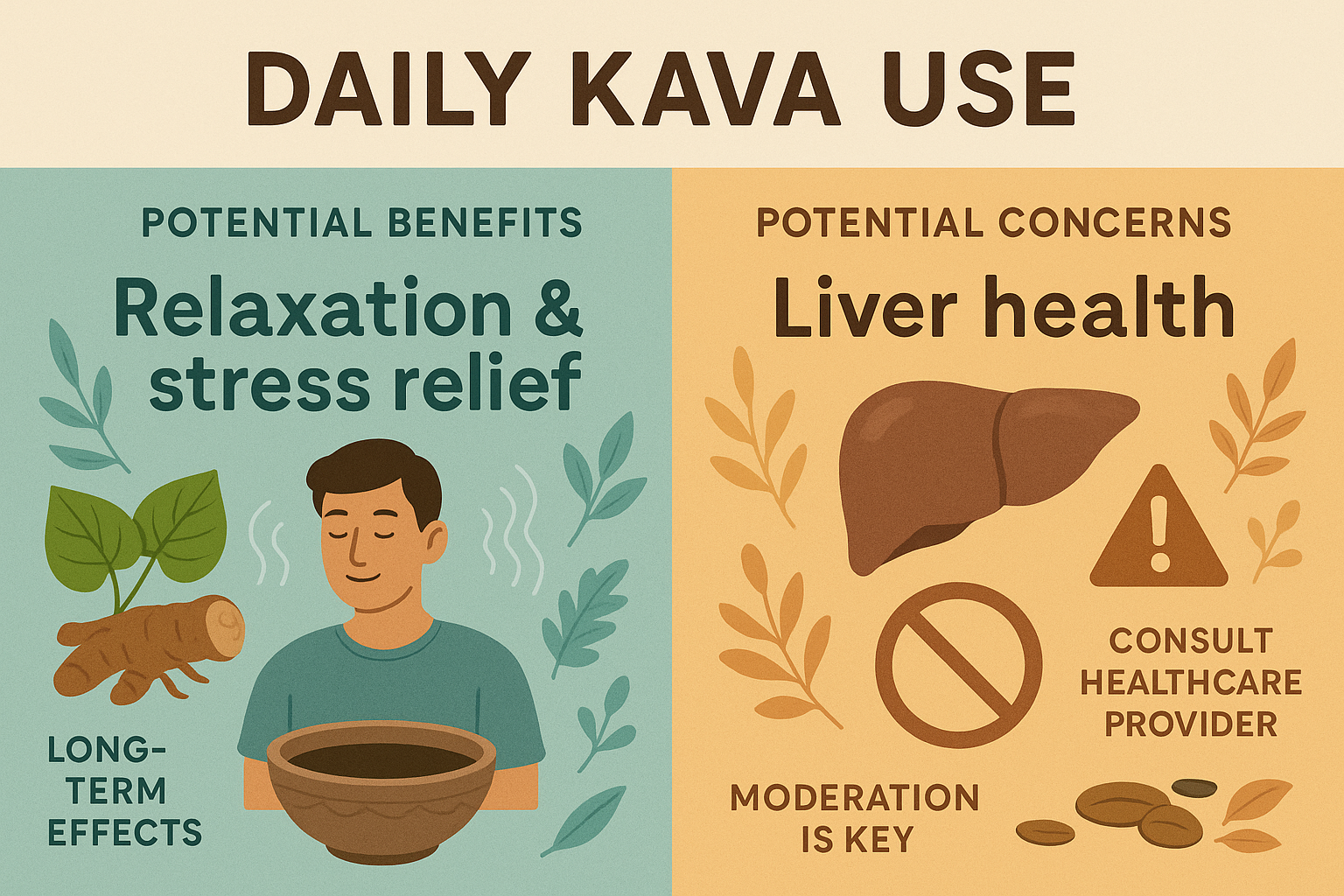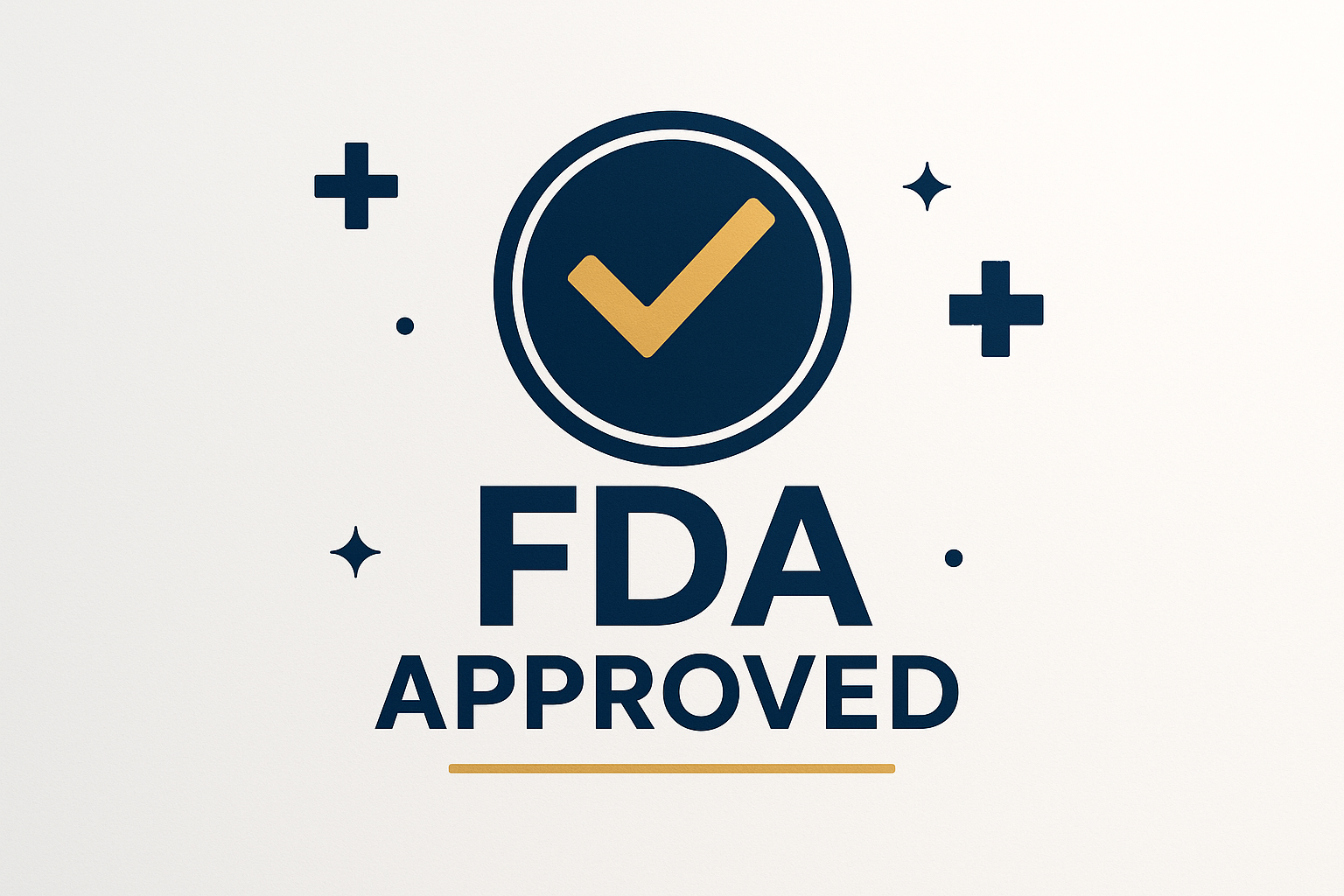Kava, a traditional beverage derived from the roots of the Piper methysticum plant, is renowned for its calming effects and has been consumed in the South Pacific for centuries. Its popularity has extended globally, with establishments like kava bars in NYC offering various kava recipes to patrons. However, for professionals in safety-sensitive roles, such as pilots, understanding the implications of kava consumption is crucial.
Kava's Impact on Cognitive Function
Kava's active compounds, known as kavalactones, interact with the brain's GABA receptors, leading to relaxation and reduced anxiety. While these effects are beneficial for stress relief, they can also influence cognitive functions vital for aviation safety. Studies have shown that kava consumption can lead to feelings of intoxication, peaking approximately one hour after ingestion, and may impair motor skills and reaction times. PubMed+1Wiley Online Library+1
FAA Regulations on Kava Consumption
The Federal Aviation Administration (FAA) maintains stringent guidelines regarding the use of substances that could impair a pilot's abilities. Kava is listed among over-the-counter active dietary supplements that are considered disqualifying for pilots. The FAA advises Aviation Medical Examiners (AMEs) to caution pilots against the use of kava and to provide additional "No Fly" wait times where applicable. The Ison Law Firm Aviation LawyersFederal Aviation Administration+1FLY8MA Flight Training+1
Duration of Kava's Effects
Understanding how long kava stays in your system is essential for pilots. The principal urinary metabolite of kava, conjugated 4'-OH-kavain, is generally detectable for up to 48 hours after consumption. This detection window suggests that the effects of kava could linger, potentially impacting a pilot's performance even days after ingestion.Wikipedia
Recommendations for Pilots
Given the potential cognitive impairments and FAA regulations:
-
Avoid Kava Consumption: Pilots should refrain from consuming kava, especially before flight duties.
-
Consult with an AME: If kava has been consumed, it's advisable to consult with an Aviation Medical Examiner to determine appropriate wait times before resuming flight activities.
-
Stay Informed: Regularly review FAA guidelines and stay updated on substances that could affect flight safety.
Alternative Relaxation Methods
For pilots seeking relaxation without the risks associated with kava, exploring other methods is beneficial. Products like Goldenglow Elixir offer a blend designed to promote relaxation and well-being without impairing cognitive functions.







Leave a comment
This site is protected by hCaptcha and the hCaptcha Privacy Policy and Terms of Service apply.